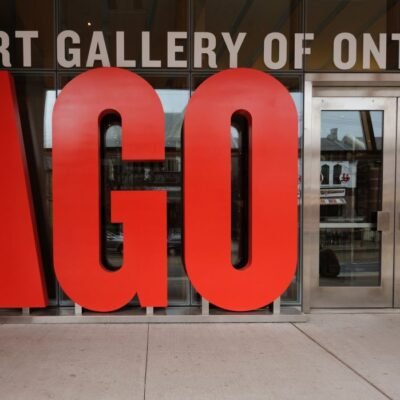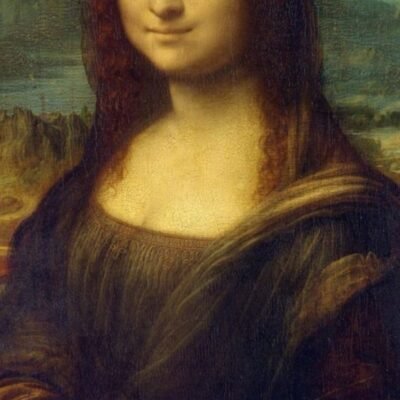In a bold prediction that could redefine Nigeria’s wealth landscape, prominent artist and creative economy advocate, Aliyu Aminu Ahmed has projected that fine art will soon overtake land and real estate as the most lucrative asset class in Abuja and Lagos.
Ahmed emphasised that the surging global demand for African art, advancements in blockchain technology, and evolving investor trends are fueling this shift. He noted that high-value works by Nigerian artists are already delivering higher returns than prime property in major urban centers.
He highlighted the growing recognition of Nigerian art on international platforms such as Christie’s and Sotheby’s, as well as local showcases like Art X Lagos. With blockchain ensuring secure transactions and digital galleries broadening accessibility, art is emerging as a more flexible and appealing investment compared to land.
“In the next decade, owning a significant piece by a Nigerian artist could provide greater financial stability and global influence than holding a plot in high-demand areas like Maitama or Banana Island,” he said.
However, Ahmed stressed the need for Nigeria to establish a structured art valuation system to fully harness this potential. He proposed a national art valuation board, standardised appraisal processes, and verified sales records to attract institutional investors and enhance market transparency.
“Art is limitless, portable, and culturally meaningful—unlike land, which often faces bureaucratic hurdles and elite dominance,” he explained. “With fractional ownership and digital platforms, everyday Nigerians can participate in this wealth revolution.”
To position Nigeria as Africa’s creative epicenter, Ahmed called on policymakers to implement key measures, including tax incentives for art investments, stronger copyright and resale rights enforcement, funding for museums and digital art platforms, and the formalization of the art market through registries.
He concluded with a compelling vision for the future, stating, “The economy of the 21st century will not just be measured in land holdings but in creativity, culture, and legacy. Art is no longer an exclusive luxury—it is the next frontier of wealth creation for Nigeria and Africa.”
As Abuja and Lagos continue to rise as cultural powerhouses, investors and policymakers may soon discover that the true value lies not in physical plots but in the stories and creativity captured on canvas.





